Politburo member and Prime Minister Pham Minh Chinh attends the Military-Political Conference of the whole army in the first 6 months of 2025_Photo: VNA
Political mettle - the core factor determining the leadership and command effectiveness of the team of leading cadres in the army
The team of leading cadres at all levels in the Vietnam People's Army plays a key role, is the center of solidarity, proposes policies, organizes implementation and takes the highest responsibility for the results of the tasks of each agency and unit. The leadership and command effectiveness of the team of leading cadres at all levels depends not only on intelligence, experience or professional qualifications, but first of all on the political mettle of each individual, expressed in maintaining the stance, viewpoint and communist belief; steadfast in the revolutionary goals and ideals; ready to face all difficulties and challenges, and able to handle flexibly and decisively in all situations. Specifically:
Political mettle is the fundamental factor, ensuring that the contingent of leading cadres at all levels in the army is always absolutely loyal to the Party, the Fatherland and the people. In the political and spiritual value system of the Vietnam People's Army, political mettle plays a pivotal role, ensuring the absolute loyalty and steadfastness of the revolutionary ideals of the contingent of leading cadres at all levels. Political mettle is not only the crystallization of belief, will and sense of responsibility, but also a measure of loyalty to the revolutionary ideals in all circumstances, especially when the unit faces difficulties, challenges, or the impact of complex ideological and socio-psychological factors. For the contingent of leading cadres at all levels, political mettle is formed through the process of training in revolutionary practice, on the basis of deep understanding of Marxism-Leninism, Ho Chi Minh 's thought, the Party's guidelines and the requirements of combat missions and army building in each historical period, contributing to the glorious tradition: "Our army is loyal to the Party, filial to the people, ready to fight and sacrifice for the independence and freedom of the Fatherland, for socialism. Every task is completed, every difficulty is overcome, every enemy is defeated" (1) .
Political mettle determines the ability to act correctly of the team of leaders at all levels in the army in complex situations. With the characteristics of military operations, the leadership and command of the team of leaders at all levels not only requires professional knowledge and organizational capacity, but also requires strong political mettle to make accurate and timely decisions without hesitation or avoidance. It is at key moments that political mettle has played a key role, ensuring that the team of leaders at all levels in the army always "Clearly recognize right and wrong. Maintain a firm stance. Be loyal to the country. Be filial to the people" (2) . Accordingly, political mettle not only helps the team of leaders at all levels have enough capacity to face challenges, but also skillfully handle complex situations, maintain a firm stance, and steadfastly pursue ideal goals in all circumstances.
Political courage ensures that the contingent of leaders at all levels stays away from material temptations and maintains the moral qualities of revolutionary soldiers. In the conditions of developing a socialist-oriented market economy, the negative impacts of globalization and international integration, if lacking political courage, the contingent of leaders at all levels is susceptible to ideological degradation, falling into a pragmatic lifestyle leading to degeneration, violating discipline, seriously affecting the prestige of individuals and groups.
President Ho Chi Minh once pointed out: “A nation, a party and each person, who were great yesterday, had great appeal, are not necessarily loved and praised by everyone today and tomorrow, if their hearts are no longer pure, if they fall into individualism” (3) . This is a profound warning, because the most dangerous thing for cadres is not being able to keep themselves. Political courage is the necessary and sufficient condition for the cadres at all levels to “self-reflect, self-correct”, always be alert to all temptations, demonstrate exemplary behavior in life and responsibility in work, and be receptive to criticism from the collective and comrades and teammates.
Political mettle helps the team of leading cadres at all levels in the army to fulfill their role as the center of solidarity and source of inspiration for action for cadres and soldiers in agencies and units. VI Lenin pointed out: "To bring the revolution to victory, the Party must have a very close and absolute unity of will; solidarity is the origin, the main, endless and invincible strength of the Party" (4) . Accordingly, steadfast political mettle is a source of great endogenous strength for the team of cadres at all levels in the Vietnam People's Army not only to fulfill their leadership, command and management roles, but also through the process of cultivating revolutionary ethics, wholeheartedly serving the Fatherland and the people, the team of managing cadres at all levels also spread a positive spirit, creating an atmosphere of competition and solidarity throughout the entire agency and unit.
President Ho Chi Minh once affirmed: “The masses only respect those who have character and morality. To guide the people, we must set an example for them to follow” (5) . Political mettle is the foundation that creates a steadfast, calm but friendly demeanor, arousing the trust and persuasion of cadres and soldiers in agencies and units; it is a necessary condition to build a strong agency and unit, strong in all aspects of politics, ideology, organization, morality and cadres.
Current situation and solutions to improve the political capacity of leading cadres at all levels in the army
In recent years, under the direct and regular leadership of the Central Military Commission and the Ministry of National Defense, the work of building a contingent of cadres in the army, especially improving the political capacity of cadres in charge at all levels, has achieved many important results. This is the result of a systematic organization process, closely combining political theory education, training through practical training, work and combat readiness; at the same time promoting the glorious tradition of the Vietnam People's Army - a force that is always absolutely loyal to the Party, the Fatherland and the people, steadfast, brave, and ready to sacrifice for the revolutionary cause. This is also a vivid demonstration of the effectiveness of taking the building of political capacity as the foundation in comprehensively developing the qualities of military cadres in the new period.
Recent practice has shown that the majority of the leading cadres at all levels in the Vietnam People's Army have clearly demonstrated a steadfast ideological stance, absolute loyalty to the Party, the Fatherland and the people. Political mettle is demonstrated through steadfast viewpoints, a high sense of responsibility at work, decisiveness and flexibility in leadership, command and operation of tasks. Many comrades have performed well in their core and exemplary roles in difficult and complicated situations, such as: combat readiness exercises, prevention and control of natural disasters, epidemics, rescue, contributing to maintaining political and ideological stability, creating a solid spiritual foundation for agencies and units. The cadres in charge set an example in studying and following Ho Chi Minh's ideology, morality and style; improve their theoretical level, actively practice morality and lifestyle, consciously preserve the qualities of a revolutionary soldier; clearly demonstrate their mettle through their steadfastness in fighting against erroneous and hostile viewpoints and deviant manifestations of ideology and lifestyle in the agency and unit. Thereby, they become a spiritual support, a center of solidarity, contributing to building a strong, comprehensive, exemplary and typical unit.
However, in addition to the achievements, there are still some leading cadres in the army who are not truly exemplary. Some comrades still show a lack of determination, fear of conflict, passivity, and indecision when handling situations; a mindset of seeking safety, fear of making mistakes, and fear of innovation. In particular, there are cadres who show signs of "self-evolution" in political awareness, public ethics, and even violate discipline, and are strictly handled according to regulations, affecting the prestige of the organization and reducing the trust of cadres and soldiers in the unit.
The above situation stems from many objective and subjective reasons. In some units, political and ideological education work is still formal, heavily focused on theoretical communication, lacking practicality, not closely linking theory with training task requirements, combat readiness and daily work; the content and methods of training political mettle are still inflexible, not specified according to the characteristics, conditions and responsibilities of each group of cadres. Meanwhile, the practical training environment is not challenging enough, not putting cadres in situations to promote mettle in action. Regarding the work of evaluating cadres in some places, it is still heavily administrative and formal; cadres with capacity and mettle have not really been discovered, trained and properly employed; at the same time, there is a state of deference and avoidance in handling cadres showing signs of degradation in political ideology, ethics and lifestyle.
In the current context, the negative impacts of the market economy, the explosion of information on social media, and the increasingly sophisticated and sinister sabotage activities of hostile forces have been strongly affecting the ideology, lifestyle, and outlook on life of a number of military officers, including the leading cadres at all levels. The manifestations of "self-evolution" and "self-transformation", if not promptly identified and effectively prevented, will potentially undermine political courage and confidence, even leading to degeneration, violation of organizational and disciplinary principles, and reducing the military's combat strength. Furthermore, in the context of the complex and unpredictable developments in the world and region, the increasingly sophisticated and insidious forms of non-traditional warfare, psychological warfare, information warfare, and the plot to “depoliticize the army”, building, consolidating and enhancing the political capacity of the contingent of leading cadres at all levels in the Vietnam People’s Army is not only a regular task, but also an urgent strategic requirement. To do this task well, it is necessary to effectively implement a number of solutions:
Firstly, strengthen political theory education to foster revolutionary qualities and theoretical thinking capacity for the contingent of cadres in charge at all levels in the army. Among the elements constituting political mettle, theoretical foundation plays an orienting role, is the basis for forming beliefs, consolidating stances and adjusting the behavior of cadres in leadership and command practice. Without correct theoretical awareness, it is impossible to have a solid political mettle, as President Ho Chi Minh once affirmed: "Not understanding theory is like a blind person walking at night" (6) . Reality shows that ideological deviation and political wavering among a group of cadres often originate from superficial, dogmatic, and impractical reception of theory. Therefore, political theory education needs to focus on imparting knowledge, helping the contingent of cadres in charge at all levels to grasp the Party's revolutionary line. “Only by firmly grasping the revolutionary path can we clearly see the direction of the revolution, understand what we must do and what direction to follow to realize the Party's goals in the current revolutionary stage” (7) .
Senior Lieutenant General Trinh Van Quyet, Secretary of the Party Central Committee, Standing Member of the Central Military Commission, Director of the General Department of Politics of the Vietnam People's Army, attended the military handover ceremony in Viet Tri city_Photo: VNA
In the context of hostile forces constantly promoting "peaceful evolution" and taking advantage of social media to distort and deny the Party's ideological foundation, theoretical thinking capacity is the "spiritual shield" that helps cadres identify, fight and effectively refute erroneous and hostile viewpoints. Therefore, it is necessary to strongly innovate the content and methods of political theory education for cadres at all levels. The content must closely follow the requirements of the task of building the army in the new situation, clarify the revolutionary and scientific nature of Marxism-Leninism, affirm the absolute and direct leadership role of the Party in all aspects over the army, and promptly update newly arising theoretical and practical issues. Educational methods need to strengthen the organization of thematic discussions, simulate political and military situations, closely combine with traditional education, revolutionary ethics education, enhance sense of responsibility and dedication, thereby creating flexible but steadfast thinking capacity, critical but accurate, helping cadres in charge to always be politically steadfast, ideologically sharp, and firmly steer the unit to overcome all difficulties and challenges.
Second, linking training of political mettle with practical challenges and building a healthy political environment in the unit. Political mettle is not an innate quality, but is formed and developed through a long and serious training process in a practical environment - where the political qualities, leadership and command capacity and fighting will of cadres are most truly reflected. Practical work, training, combat readiness, especially in difficult positions and harsh conditions, is where the steadfast political mettle of cadres at all levels is tested and tempered; helping cadres at all levels to constantly consolidate their class stance, increase their autonomy, overcome their own limits to truly become typical and exemplary models for cadres and soldiers in the agency and unit to learn and follow.
Continue to research and perfect the mechanism of assigning, rotating and arranging cadres based on the criteria of training through practice. Mobilizing cadres at all levels to units located in strategic areas, complex situations or rotating through many different organizational levels will help them accumulate experience, improve their overall capacity and gradually perfect their mettle. In addition, it is necessary to pay attention to building a healthy, democratic, united, disciplined political environment, with exemplary leadership from Party committees and commanders at all levels so that cadres at all levels can work with peace of mind, dare to think, dare to do, dare to take responsibility and constantly strive to improve. Accordingly, forms of party activities, political activities, and spirit need to be organized substantially, innovate both content and method, promote the effectiveness of self-criticism and criticism, in order to constantly improve the leadership capacity and fighting strength of party organizations at all levels.
Third, promote the role of setting an example, self-cultivation and "self-reflection, self-correction" of the team of cadres in charge at all levels in the army. Setting an example is not only an ethical standard, but also an important leadership method, creating a strong influence on the ideology, attitude and behavior of the collective. The team of cadres in charge is the one who directly organizes and manages all activities, is an example of political courage and is the clearest embodiment of the revolutionary character, political qualities and fighting will of the organization. President Ho Chi Minh often reminded every cadre and party member, "must strive to study politics, culture and profession to progress forever, to be ready to become a good cadre, a good party member" (8) . Accordingly, if cadres in charge at all levels have a steadfast spirit, integrity and are exemplary in work and life, they will consolidate political prestige, create spiritual motivation and guide the actions of the unit. On the contrary, if the leading cadre is inconsistent, avoids responsibility, falls into formalism, or loosens leadership and management principles, it will cause skepticism and reduce trust in the organization.
Setting an example for leaders at all levels must first begin with the process of self-cultivation and self-training, truly valuing the study of political theory, training oneself in practice and always putting collective interests above personal interests. Setting an example must be demonstrated by consistent actions, steadfast political stance, courageous commitment, handling work with a high sense of responsibility and transparency. In particular, "self-reflection and self-correction" is not only a manifestation of personal qualities, but also a manifestation of revolutionary spirit, the ability to self-adjust and continuously improve.
In all conditions and circumstances, it is necessary to put the exemplary role of the cadres in charge at all levels in the democratic, public and transparent inspection and supervision mechanism. The organization needs to create conditions for all cadres to have the opportunity to promote their pioneering role, and at the same time have a mechanism to evaluate and recognize exemplary and creative behaviors. Party cell activities, self-criticism and criticism need to be substantial, objective and frank, in which the cadres in charge must be exemplary leaders, dare to think, dare to speak, dare to do, dare to take responsibility before the collective; dare to frankly self-criticize and actively accept criticism from the collective to correct shortcomings, in order to continuously progress. When the cadres in charge demonstrate their mettle through real exemplary actions, it will contribute to creating a healthy political atmosphere, strengthening internal trust, building a strong unit in all aspects of politics, ideology, organization, ethics and cadres.
Fourth, innovating cadre work and establishing political mettle as an important criterion in planning, evaluating and using cadres at all levels. In the entire process of building cadres at all levels in the army, from selection, training to appointment and use, political mettle needs to be identified as a fundamental, guiding and consistent standard. This is not only a requirement in organizational work, but also a strategic issue to create a cadre team with sufficient qualities, capacity, prestige, and equal to the task in the new situation. Reality shows that although professional capacity and practical experience are important, if not accompanied by political mettle, cadres can easily waver in the face of pressure from interests, easily fall into principled compromises, and even degrade when faced with complex and multi-dimensional situations. Therefore, political mettle must be the starting criterion and decisive factor in all cadre processes.
It is necessary to continue to accelerate the completion of the system of criteria for evaluating cadres in the direction of concretizing the expression of political mettle: maintaining a firm stance; daring to think, daring to speak, daring to do, daring to take responsibility; loyal to collective interests, having the courage to fight to protect what is right, rejecting what is wrong... These criteria must be quantified through the results of performing tasks and through the process of testing in practice. In particular, the work of evaluating cadres needs to be innovated in a substantive direction, avoiding formalism and administrativeism.
In the work of planning cadres, it is necessary to combine training and practice of cadres in practice. Cadres in the planning must go through positions and environments with competition and pressure, to reveal their ability to handle situations, their ability to gather and their ideological steadfastness. Avoid including in the planning passive cadres, those lacking in political views or those who have not undergone practical training. The appointment and use of cadres must be strongly decentralized to the grassroots units, which have the best understanding of the work process, political qualities and prestige of cadres; at the same time, there must be a multi-dimensional, transparent monitoring and evaluation mechanism, based on specific evidence. Cadres who show outstanding qualities, new thinking and strong capacity for action need to be promptly promoted. On the contrary, with cadres showing signs of ideological degradation and political opportunism, it is necessary to resolutely screen and strictly handle them in order to protect organizational principles, maintain discipline and trust in the team.
Fifth, step up the fight against erroneous and hostile viewpoints to maintain the ideological position in the army. In the current context, hostile forces are increasingly increasing their sabotage activities in sophisticated and sinister forms such as "peaceful evolution", "depoliticization of the army", taking advantage of cyberspace to spread false information, distort the Party's ideology, defame the army's image, cause doubt, internal division and undermine political confidence. In the face of such challenges, maintaining the ideological frontline is not only a defensive task, but must be defined as a proactive and offensive political-ideological struggle. In that struggle, the team of leading cadres at all levels must be the core force, playing the role of "firekeepers" of belief, directly guiding awareness and strengthening political mettle for the entire unit.
The cadres in charge must proactively identify, analyze, explain and convincingly refute deviant viewpoints, thereby not only protecting the Party's ideological foundation, but also creating a spreading effect of correct and positive values throughout the unit. To do so, it is necessary to continue to innovate and improve the quality of political education for cadres in charge in an in-depth and practical direction, enhancing theoretical training, critical thinking capacity and political communication skills. Training courses and seminars must be linked to the unit's ideological practice, focusing on equipping them with skills in writing articles to fight in cyberspace.
Political mettle is the core foundation that helps the cadres in the Vietnam People's Army maintain their revolutionary stance, be absolutely loyal to the Party, the Fatherland and the people, and be ready to overcome all challenges to successfully complete their tasks. In the context of the increasingly comprehensive and complex task of protecting the Fatherland, the requirement to improve political mettle is a long-term strategy. To meet that requirement, it is necessary to synchronously deploy solutions so that each cadre in charge is truly the center of solidarity, the ideological fulcrum, the "political fortress" in the unit. Thereby, contributing to realizing the goal of building a strong army in terms of politics, ideology, organization, ethics and cadres in the new situation./.
----------------------
(1) Ho Chi Minh: Complete Works , National Political Publishing House Truth, Hanoi, 2011, volume 14, p. 435
(2) Ho Chi Minh: Complete Works, op. cit., volume 9, p. 354
(3), (7) Ho Chi Minh: Complete Works , op. cit. , volume 15, pp. 672, 115
(4) VI Lenin: Complete Works, Progress Publishing House, Moscow, 1993, volume 16, p. 705
(5) Ho Chi Minh: Complete Works , op. cit. , vol. 6, p. 16
(6) Ho Chi Minh: Complete Works , op. cit. , volume 8, p. 276
(8) Ho Chi Minh: Complete Works , op. cit., volume 10, p. 440
Source: https://tapchicongsan.org.vn/web/guest/nghien-cu/-/2018/1101202/nang-cao-ban-linh-chinh-tri-cho-doi-ngu-can-bo-chu-tri-cac-cap-trong-quan-doi-nhan-dan-viet-nam%2C-dap-ung-yeu-cau-nhiem-vu-trong-tinh-hinh-moi.aspx


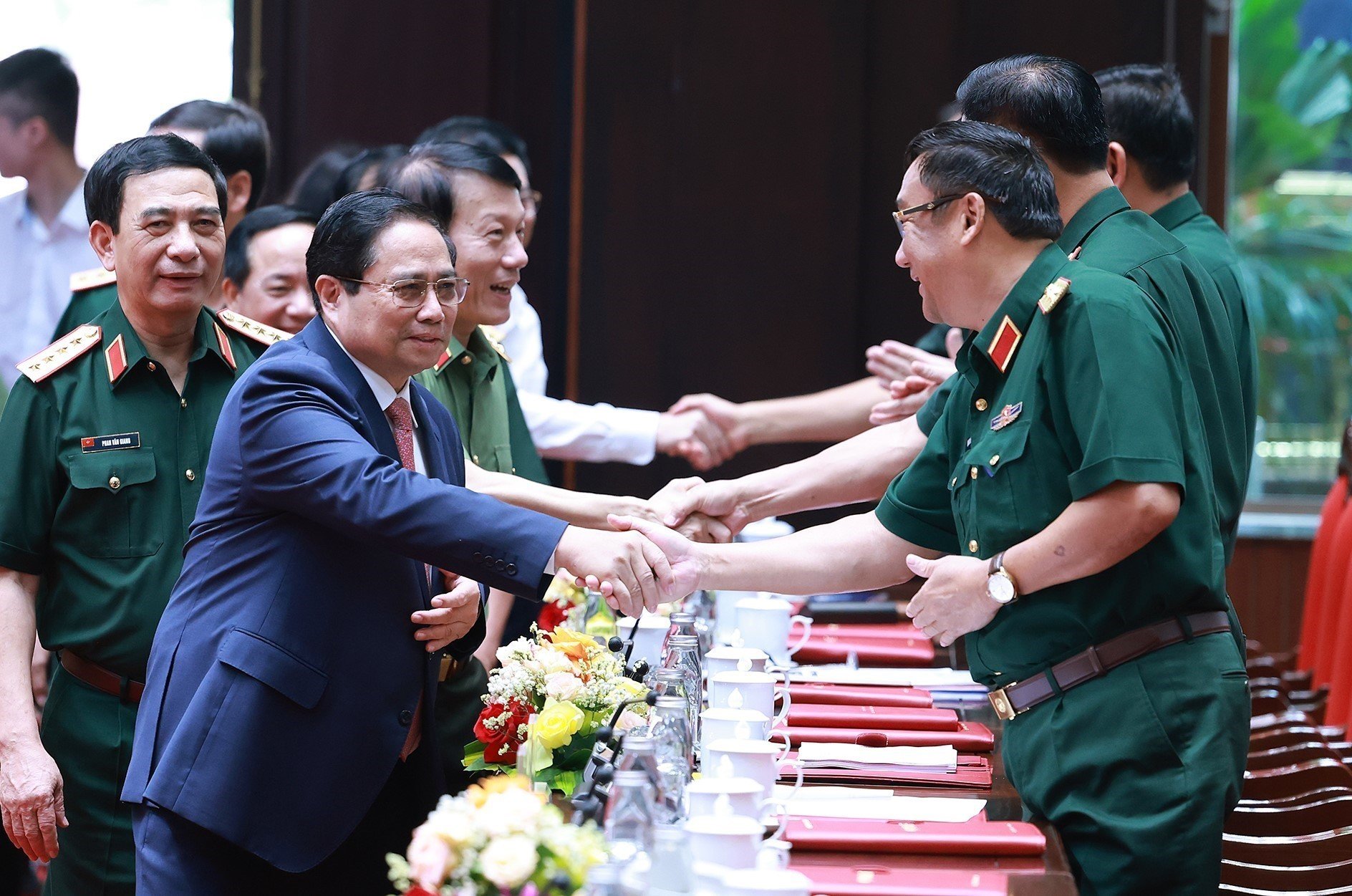
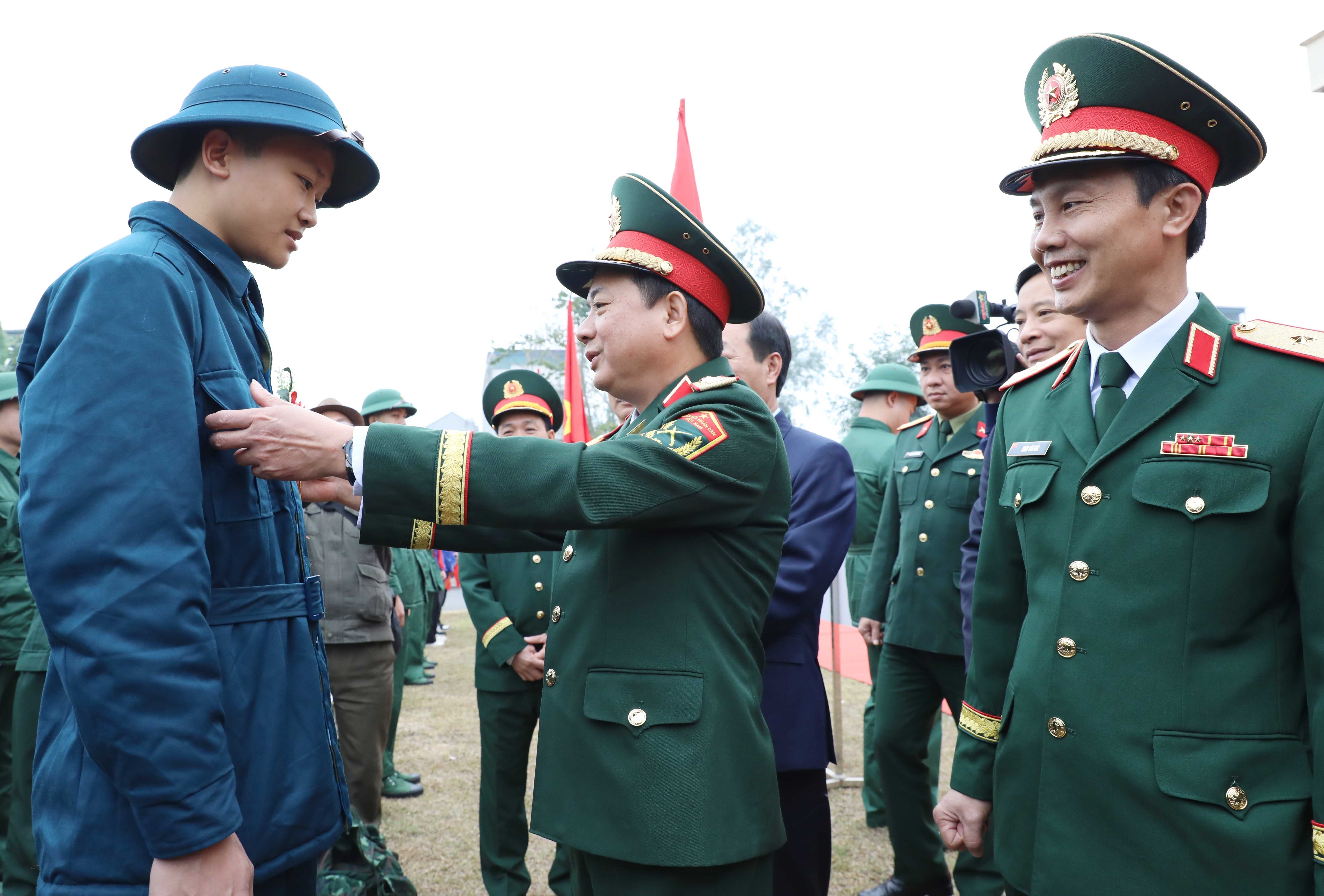






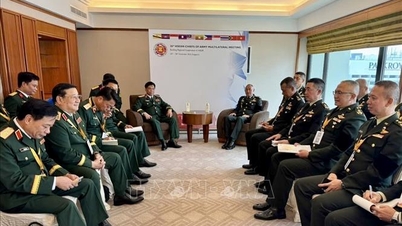

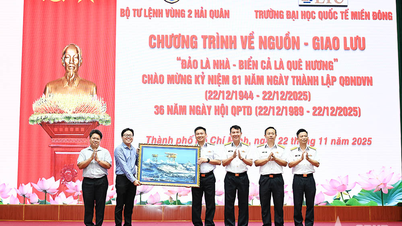

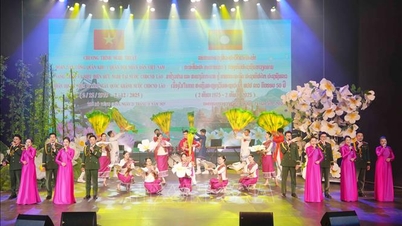
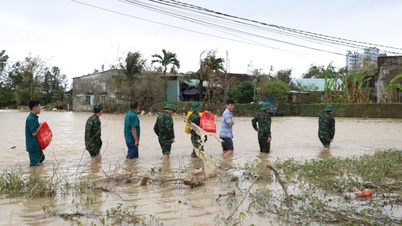
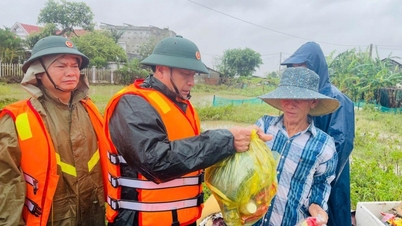

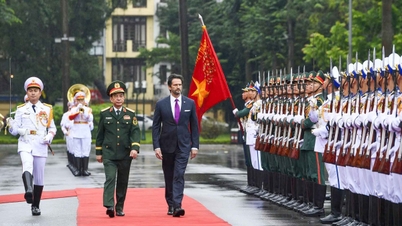

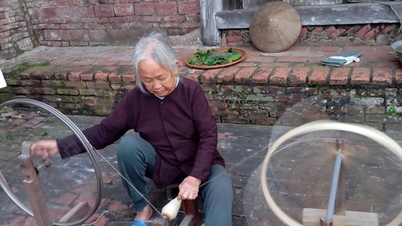

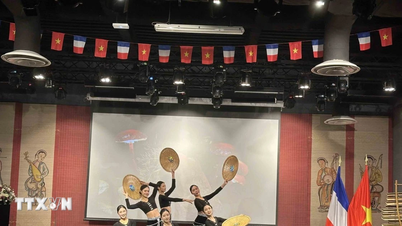

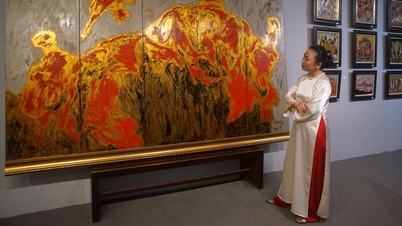

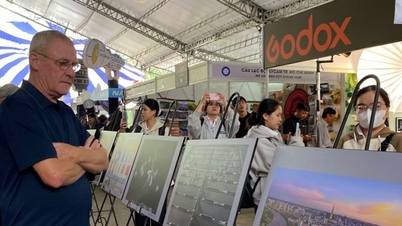

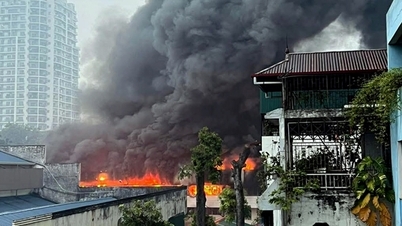

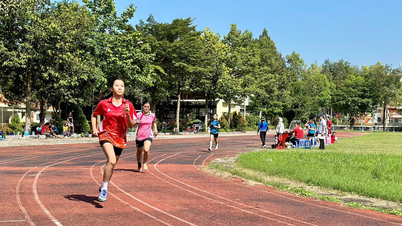





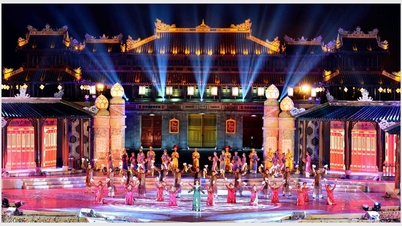
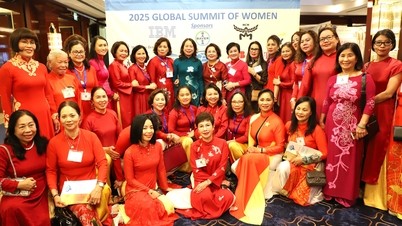
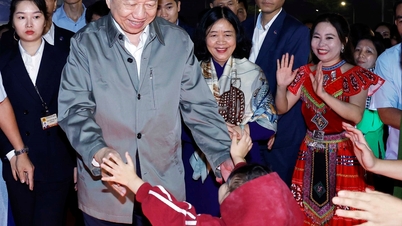
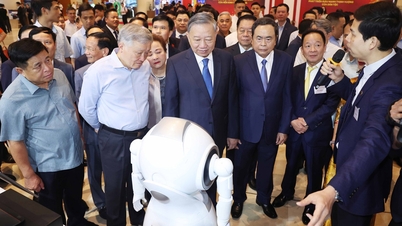
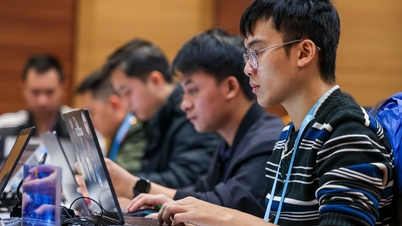


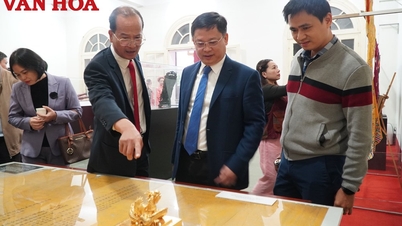





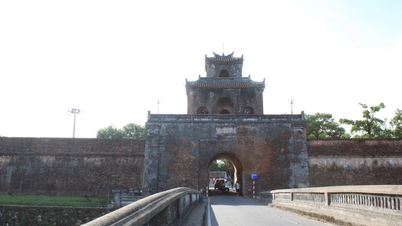
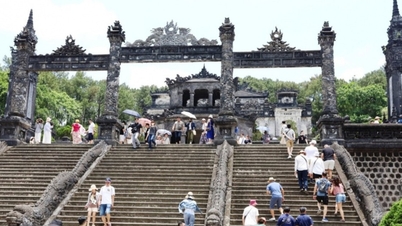

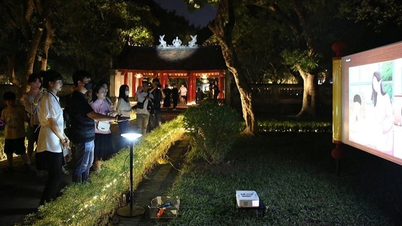













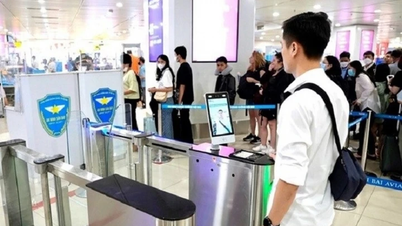


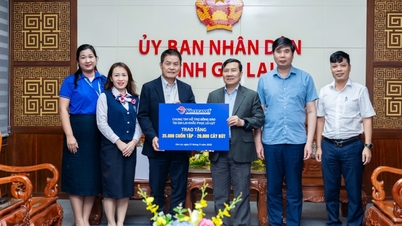
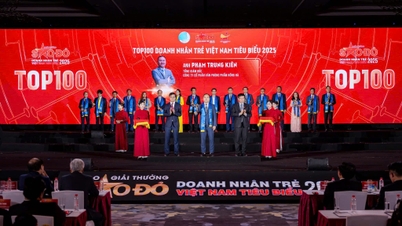










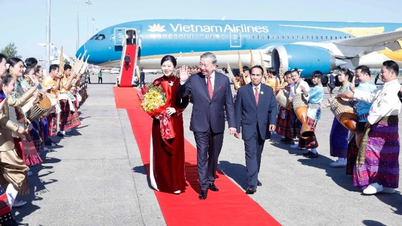
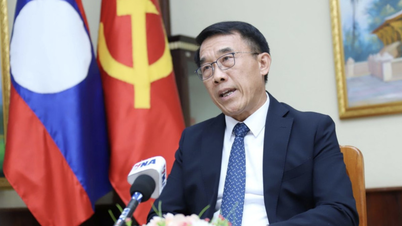


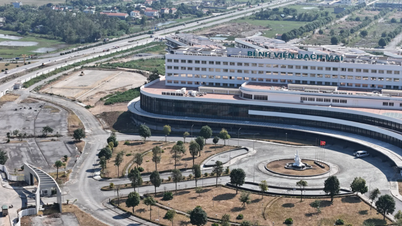

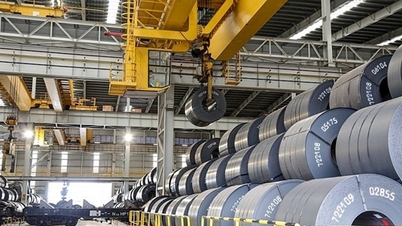



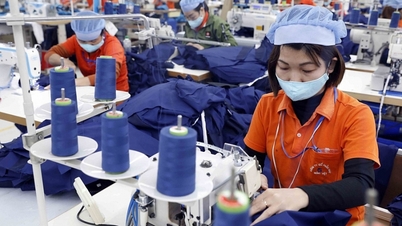
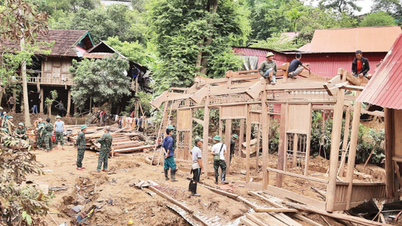

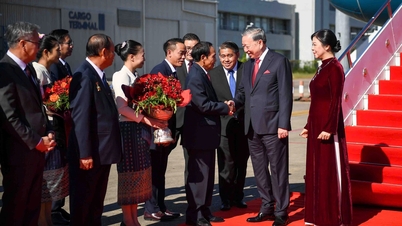

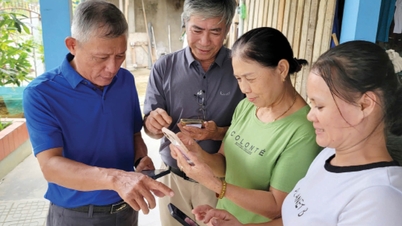

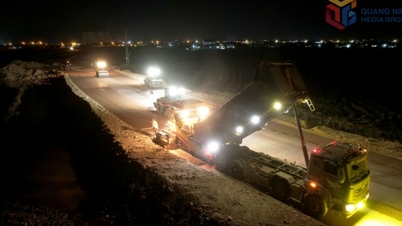

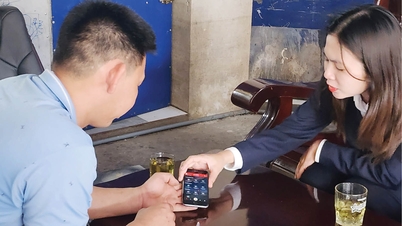
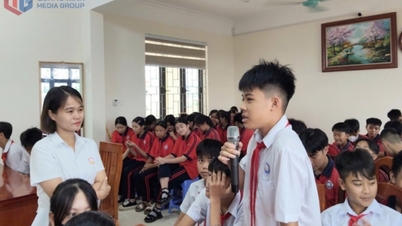
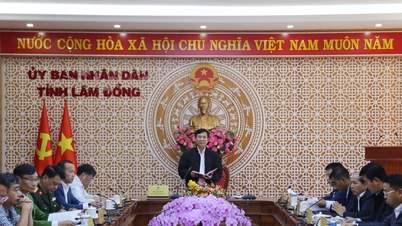











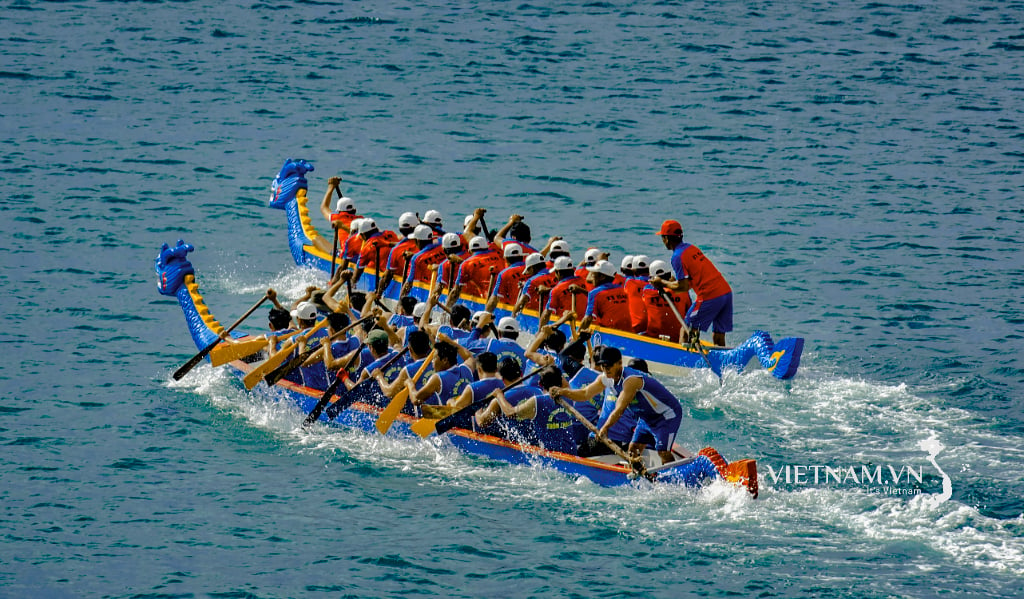
Comment (0)